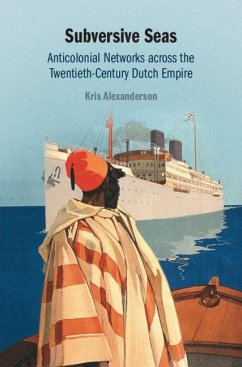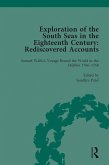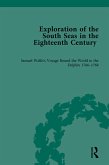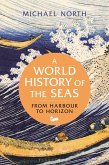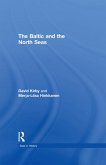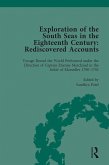This revealing portrait of the Dutch Empire repositions our understanding of modern empires from the terrestrial to the oceanic. It highlights the importance of shipping, port cities, and maritime culture to the political struggles of the 1920s and 30s. Port cities such as Jeddah, Shanghai, and Batavia were hotbeds for the spread of nationalism, communism, pan-Islamism, and pan-Asianism, and became important centers of opposition to Dutch imperialism through the circulation of passengers, laborers, and religious pilgrims. In response to growing maritime threats, the Dutch government and shipping companies attempted to secure oceanic spaces and maintain hegemony abroad through a web of control. Techniques included maritime policing networks, close collaboration with British and French surveillance entities ashore, and maintaining segregation on ships, which was meant to 'teach' those on board their position within imperial hierarchies. This innovative study exposes how anti-colonialism was shaped not only within the terrestrial confines of metropole and colony, but across the transoceanic spaces in between.
Dieser Download kann aus rechtlichen Gründen nur mit Rechnungsadresse in A, B, BG, CY, CZ, D, DK, EW, E, FIN, F, GR, HR, H, IRL, I, LT, L, LR, M, NL, PL, P, R, S, SLO, SK ausgeliefert werden.

